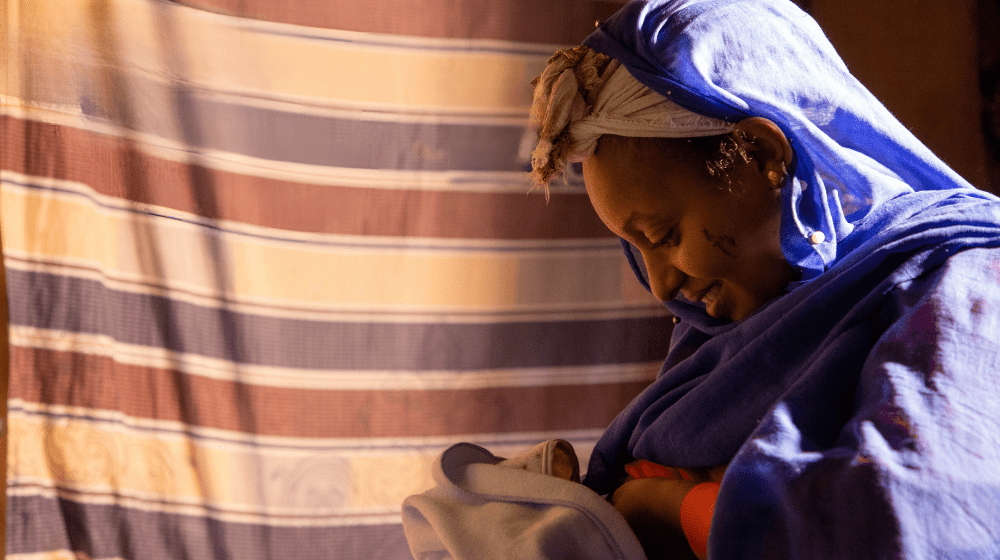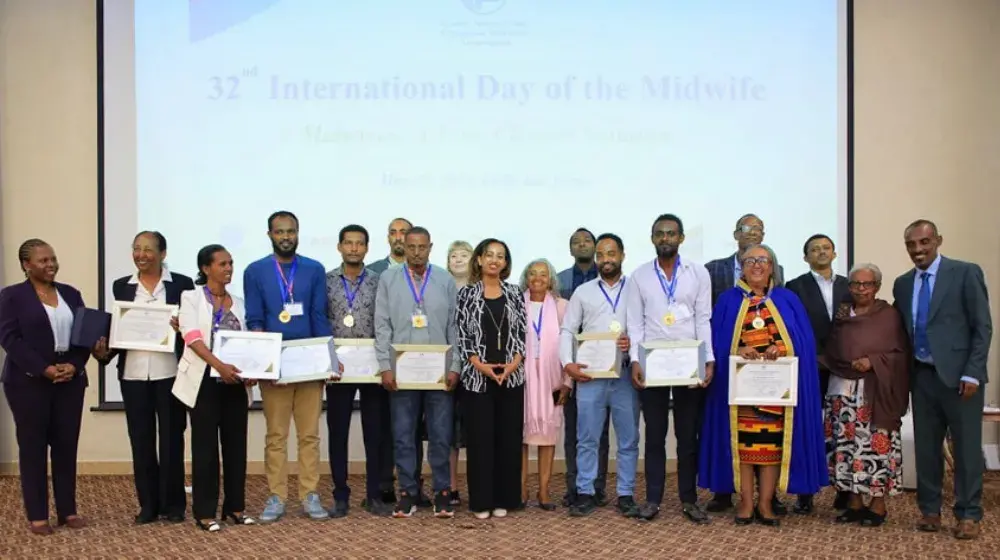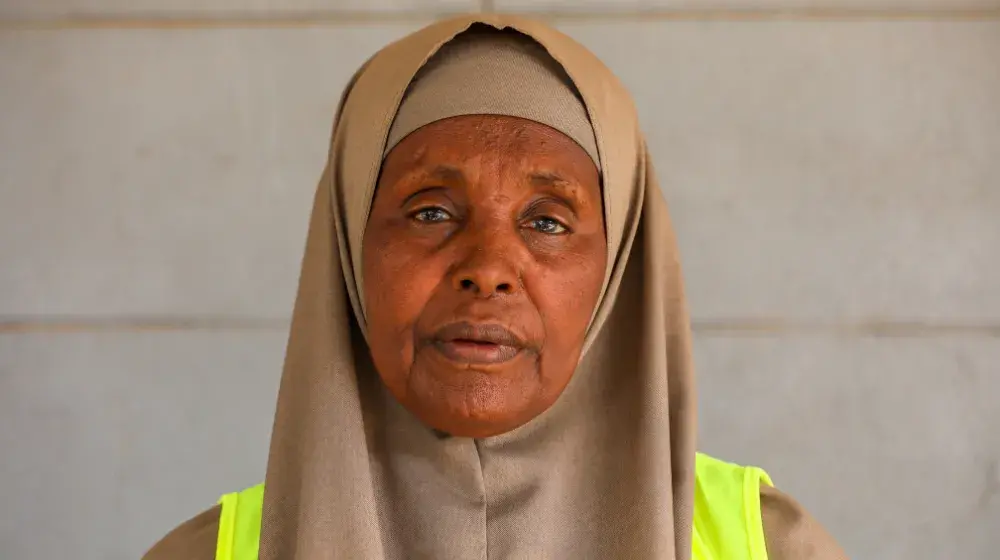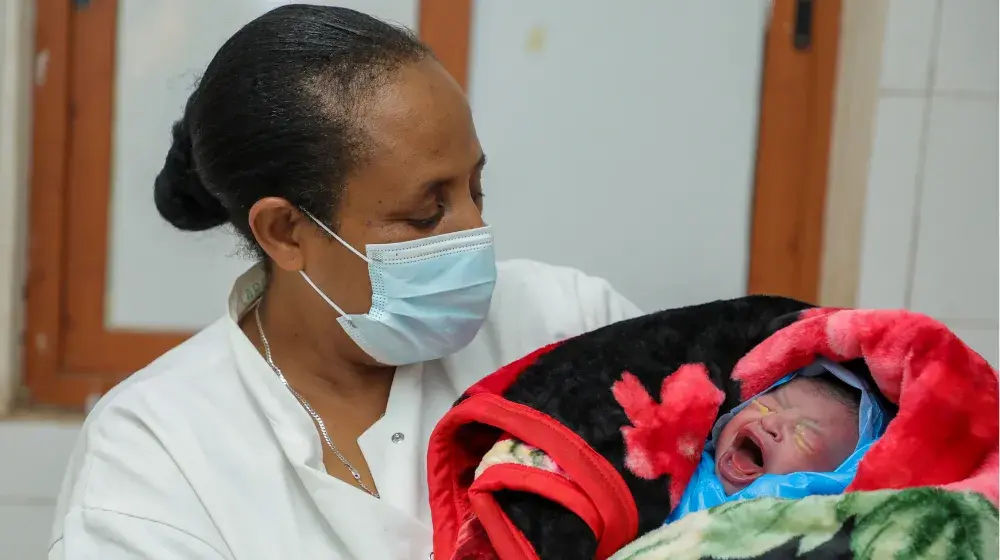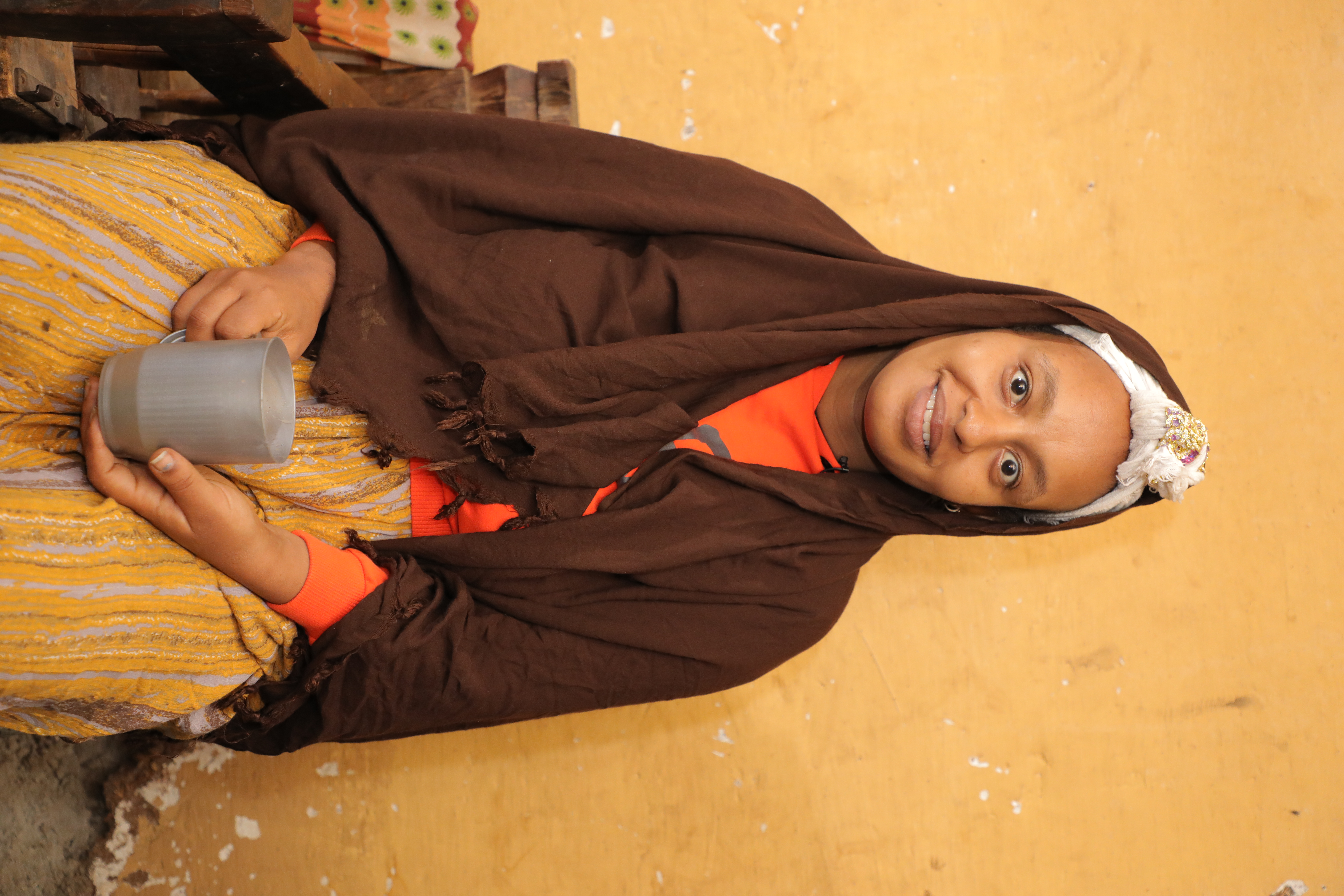
I don’t think I would still be alive,” Setyelem
Setyelem, 29, is a mother who diligently attended antenatal follow-ups for her first two pregnancies. She is aware of the critical importance of antenatal care to identify potential complications early enough to provide interventions and treatment.
However, during her third pregnancy, following her first checkup, inter-communal conflict broke out in her hometown of Ataye, in the Amhara Region. Soon after, the war in Tigray exacerbated the conflict. Afraid to leave home, Setyelem opted out of her antenatal appointments. Eventually, the conflict grew so intense that she fled with her children to another town, Kara Kore, to live with her mother.
Without checkups, Setyelem relied on her one visit to a doctor.
At seven months, however, she felt intense pain, and her water broke. She knew that her babies weren't due for another two months. Despite the fear for her safety, she visited a health center and received an ultrasound, and the doctor gave her a prescription for a suspected infection. Yet, the pain didn’t subside.
She returned to the health center, but she was assured that all is well. However, the pain only grew worse.
Setyelem is of the many pregnant women who suffered from the conflict and humanitarian crisis in many parts of the country that damaged health facilities, fleeing healthcare workers, and shortages of critical medicines and supplies. Referrals to hospitals were also severely hindered by the security situation and weakened referral system.
Project Background
The Japan-funded UNFPA project to increase access and availability of quality GBV and SRH information and services for 80 thousand vulnerable women, girls, adolescents, and youth, aimed at improving the health and well-being of those living in selected conflict and COVID-19-affected districts in the Amhara and Benishangul-Gumuz Regions. With a greater need for skilled birth attendance and Emergency Obstetric and Neonatal Care for women like Setyelem, the project trained healthcare workers in local health centers, created referral linkages with higher-level hospitals and health centers, and provided ambulances to local health centers.
“If it weren’t for the ambulance and the hospital, I don’t think I would still be alive.”
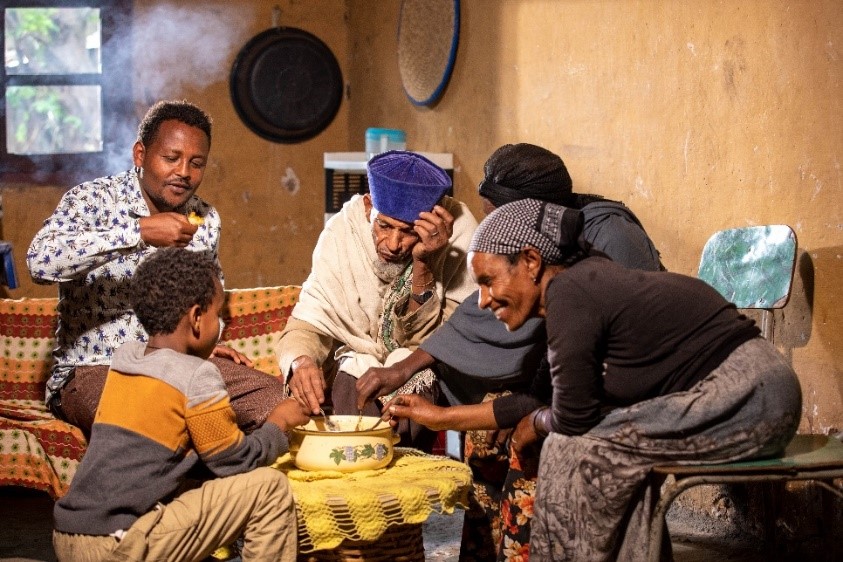
birth of her babies.
Scared of what might happen if she didn't get help, Setyelem’s family called Abiyot, a midwife at the Chefa Robit Health Center, for advice.
Understanding the urgency, he sent an ambulance that rushed Setyelem back to the health center. He then assessed that not only was Setyelem dilated and in labor at just over 33 weeks, making her twin babies preterm, but one baby was in breach. After three days of continued leaking, the babies may have been exposed to an infection. She also had had a caesarian section once before and had been pregnant with another set of twins.
Abyiot realized she needs to go to a higher-level hospital, he used the referral linkage set up by the project to refer her to a hospital in Kemise in the same ambulance that picked her up from home.
Setyelem was admitted immediately and gave birth to two healthy baby boys with caesarian section. If she didn't get help immediately, her life was in danger. More than 24 hours of an amniotic fluid leak is risky. Hers was a three-day-long leak the fact that there were no complications and infections to either mother or the babies is a miracle.
“After a lot of pain, I now have two baby boys. I’m very happy,” she said.

